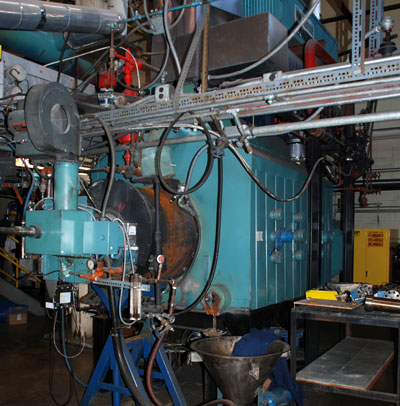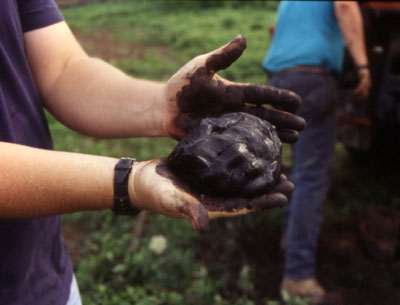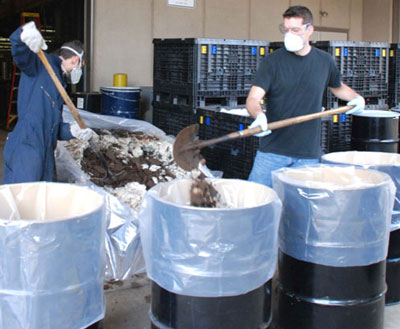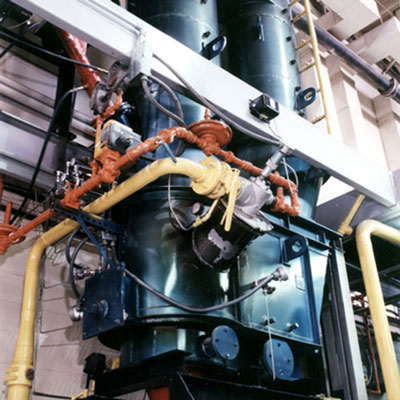The EMS Energy Institute’s Stationary Power Program builds on the Institute’s strong foundation in the study of fossil and biomass fuels and their use to address issues that concern those involved in the energy community: environmentally responsible development and utilization of our energy resources, efficient utilization of existing energy resources, and development of alternative fuels for the future.
We recognize that the energy community is extremely diversified and dynamic, consisting of private industries, governmental agencies, and utilities whose interests range from fuel development in the front end to flue gas cleanup at the back end. The EMS Energy Institute responds to the varied interests and goals of its customers by providing support in identifying and solving existing problems while providing the expertise and facilities to evaluate new technologies and fuels.
Research
Fuel Preparation and Characterization
The EMS Energy Institute houses a wide variety of pilot- and demonstration-scale coal preparation and cleaning equipment as well as bench-scale analytical equipment to evaluate the composition of solid and liquid fuels. The effects of various cleaning and preparation techniques on fuel quality, handleability, and combustion can be determined. The EMS Energy Institute has the capability to characterize selective physical properties and complete chemical composition of solid and liquid fuels using traditional and advanced methodologies. Fuels include:
- Coals of all rank
- Biomass of all types
- Petroleum-based fuels
- Alternative fuels, such as coal-water slurry fuels, engineered fuels, and emulsions








